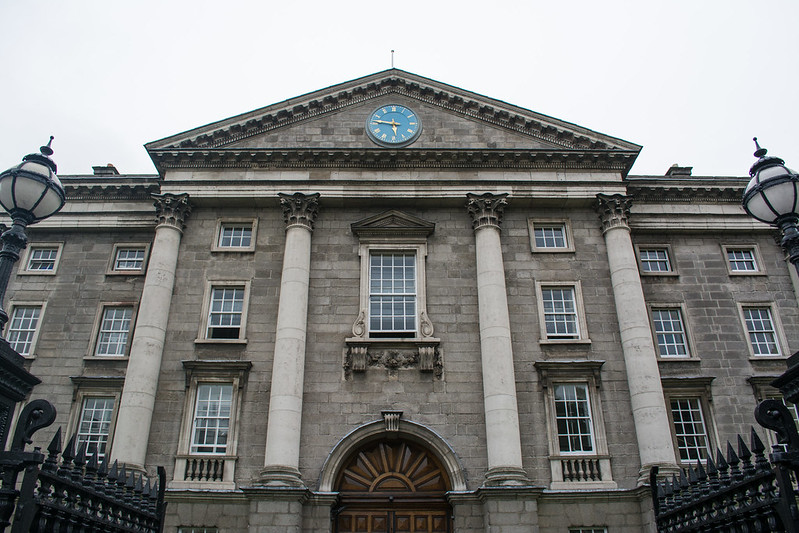Coronavirus has caused an immense amount of disruption across all sectors of society and the third-level sector was no different. Within a matter of days, our campuses went from bustling hives of activity to students being instructed to stay at home and to adapt as best as possible to an attempt at moving all learning online. The student experience as we know it was flipped on its head, and we do not currently know if it will ever go back to how it was.
This disruption affected all students, and everyone had to adapt. But there is no doubt that the disruption has impacted rural students particularly hard, with the long-term impact as of yet still unknown.
As our learning spaces moved rapidly online the digital divide was brought into sharp focus. Not all students have access to their own devices, nor do all students have access to reliable WiFi, or even any internet access at all. Trojan attempts by institutions to develop online learning supports and modules mean very little to the student who cannot even access the internet from their home.
Just outside Slane, near where I am from in Co Meath, there is a student who must hop in his car and drive down the road in order to be able to access the internet on his phone. He is deeply concerned about how he is going to be able to participate in his studies for a potential year or more of online learning. His is not a lone story – there are many students up and down the country that simply do not have easy access to a resource that is now so utterly vital to be able to participate both in society and in learning. Online conveniences have now become a daily necessity.
Within a matter of days, our campuses went from bustling hives of activity to students being instructed to stay at home and to adapt as best as possible to an attempt at moving all learning online
The rapid move to emergency remote learning has put immense pressure on the institutions, the teachers and the students themselves. Institutions desperately want students back on campus for face-to-face learning but with the current restrictions, this is proving very difficult to plan for. This is having a knock-on effect on students seeking accommodation near their campus, with many planning to simply travel for the days that they need to be on campus. And while that might be preferable for those on public transport or for those who own their own car, it will be no easy feat for a student from Fanad who may need to get to Limerick for a single class in a day. Although a day of travel up and a day of travel back may be a small price to pay when considering the savings made on accommodation.
But what will coronavirus possibly mean for the future of students accessing further and higher education? As we navigate through the global crisis caused by coronavirus, rural areas will bear a significant social and economic impact over the long-term. The challenges that faced rural Ireland prior to the current pandemic remain, and new challenges have emerged, not least the impact of a potentially prolonged period of unemployment on areas that were already struggling. This unemployment will inevitably have an impact on those planning to go on to further or higher education. If parents lose their jobs due to coronavirus they simply may not be able to support their child through college, especially given that Ireland has one of the highest fees in Europe. And for many students the traditional part-time jobs at home or over the summer are gone and will be gone for the foreseeable future, thus depriving students of that crucial income.
While we do have a student grant system that is designed to help students with both fees and the cost of attending college, it has been known for years that this grant system is not fit for purpose and is due a massive overhaul. It is of little use to tell a student from a rural area, with poor or no accessible links to their college, or perhaps with no reliable internet at home, to just apply for a student grant and to go to college anyways. There will be very real economic factors at play which could have a very genuine impact on their decision whether to go on to further studies.
there is no doubt that the disruption has impacted rural students particularly hard, with the long-term impact as of yet still unknown
Access to education should not be a privilege but in Ireland, it very often has been. Coronavirus has shone a sharp light on the persistent rural-urban digital divide and we are now seeing the impact it is going to have on students and their education. I am concerned that there are going to be students that are going to fall through the cracks during this crisis and they will be lost to education forever, the impact of which we will only come to discover years later.
When looking at our response to this crisis we must also look at how we will ensure equity of access to students from rural areas, while taking into account the severe impact coronavirus will have on their communities and local economies. Education should be an option for anyone who wants to pursue it and the government of the day simply must step up and face these challenges head-on and ensure students from rural areas are not further left behind during this crisis.







